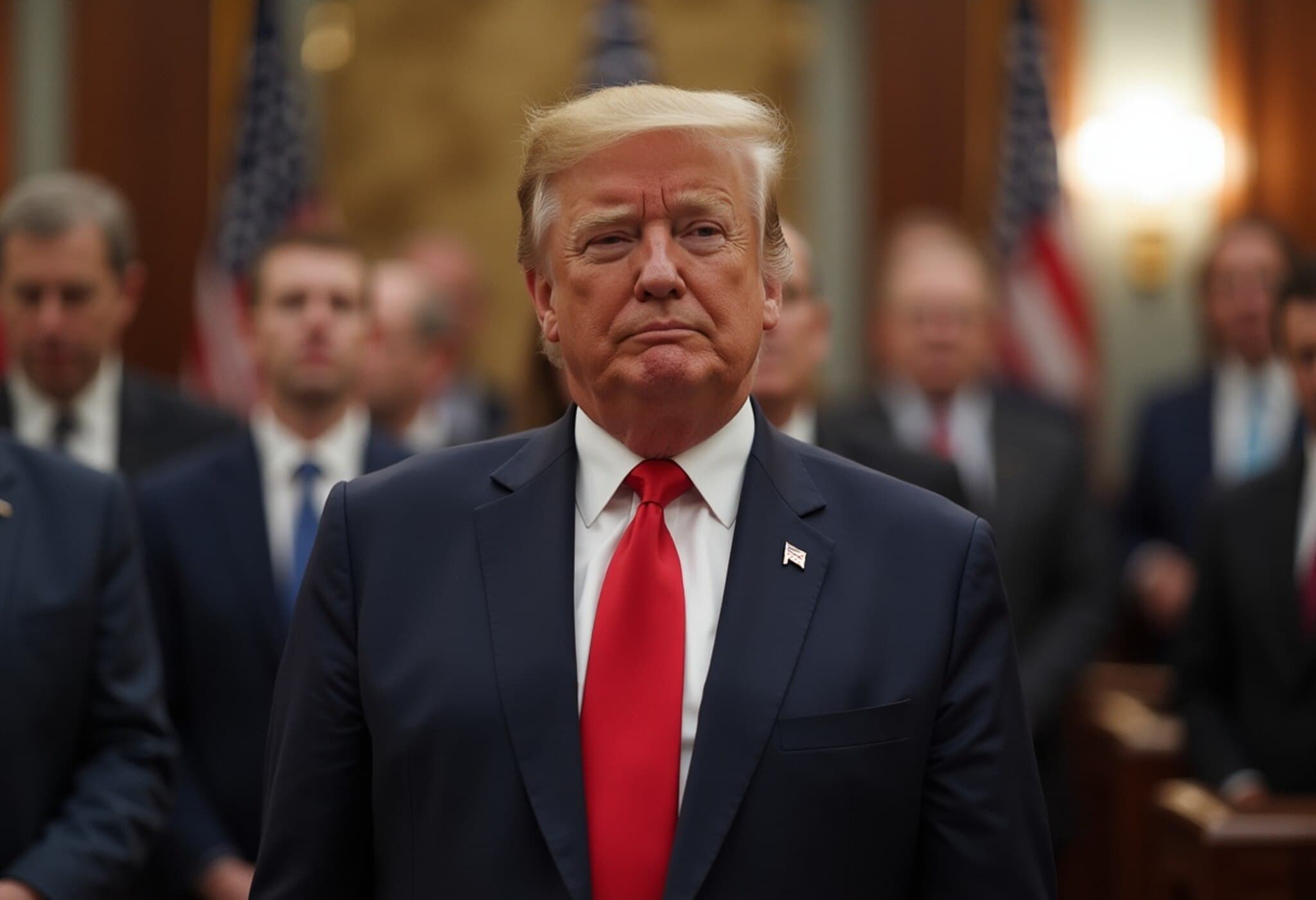IRS Signals Major Shift on Churches and Political Endorsements
In a groundbreaking move that could reshape the relationship between religion and politics in the United States, the Internal Revenue Service (IRS) has declared that churches can openly endorse political candidates to their congregations without jeopardizing their tax-exempt status.
Ending a 70-Year-Old Restriction Rooted in the Johnson Amendment
For over seven decades, the Johnson Amendment has served as a cornerstone of the U.S. tax code, specifically prohibiting nonprofits—including religious institutions—from directly supporting or opposing political candidates if they wished to retain their tax-exempt status under Section 501(c)(3). This longstanding rule was intended to maintain the separation between religious organizations and partisan politics.
However, in a recent federal court filing, the IRS dramatically reversed its stance, stating that communications from houses of worship concerning electoral matters—when viewed through the lens of religious faith and shared via traditional channels during religious services—do not constitute “political campaign intervention.”
Legal Foundations and Context
The joint filing was submitted Monday alongside major stakeholders including the National Religious Broadcasters (NRB) and two Texas churches: Sand Springs Church in Athens and First Baptist Church of Waksom. These entities are plaintiffs in a lawsuit challenging the Johnson Amendment, claiming it infringes upon their First Amendment rights to free speech and religious expression.
The IRS position notably emphasizes that:
"Communications from a house of worship to its congregation in connection with religious services through its usual channels of communication on matters of faith do not run afoul of the Johnson Amendment as properly interpreted."
Implications for Religious and Political Landscapes
This move comes after years of political pressure, particularly from conservative circles and former President Donald Trump, who advocated repealing or loosening the Johnson Amendment to allow more overt political engagement by faith groups.
While the judge overseeing this case has yet to rule on the motion for a consent judgment—which would permanently prohibit the IRS from enforcing the Johnson Amendment against the plaintiff churches—the filing itself signals a potential paradigm shift.
Expert Insights
From a legal perspective, this development raises critical questions about the boundary between church and state. Experts caution that while the IRS aims for a nuanced interpretation aligned with religious freedom, the risk remains that partisan politics could increasingly permeate houses of worship, altering the fabric of religious communities and their role in public discourse.
Economically, religious organizations might find new avenues for influence and fundraising during election cycles, potentially impacting political campaigns nationwide.
Underreported Perspectives and Broader Questions
- How will this change affect religious minorities and denominations traditionally more reserved in political participation?
- Could this lead to increased political polarization within congregations?
- What safeguards will exist to ensure that tax-exempt status is not exploited for partisan campaign financing?
- How might this decision influence other nonprofit sectors previously prohibited from political endorsement?
Conclusion
The IRS's fresh interpretation of the Johnson Amendment marks a significant moment in the ongoing debate over religious freedom, political speech, and the role of faith-based institutions in American democracy. As this issue continues to unfold in court and public opinion, its reverberations will likely echo across both the political and religious landscapes for years to come.











